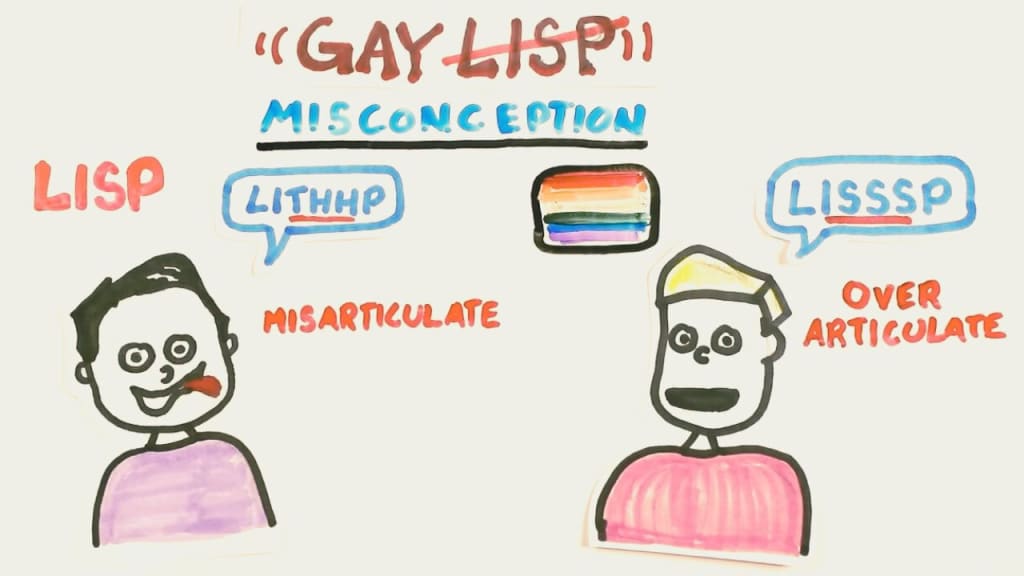The Science Behind the "Gay Voice": A Closer Look
Exploring the Unique Characteristics of Gay Speech

The Science Behind the "Gay Voice": A Closer Look
Have you ever been told you have a "gay voice" or heard people joke about it? It’s something that many people have wondered about, and surprisingly, science has a lot to say on the topic.
Researchers have studied the differences between gay and straight voices by looking at several factors. These include pitch variation (how much a person's pitch changes while they talk), vowel and consonant durations (how long people hold their vowel sounds like "a," "e," "i," "o," and "u," or consonant sounds like "s"), and even how people perceive these voices. The results are quite fascinating.
Studies have shown that gay men often have higher pitch variation. This means their voices go from low to high and back again more dramatically than straight men’s voices. This finding isn't limited to just one language; it's been observed in English, Dutch, and French. So, it seems the "gay voice" is a global phenomenon.
Gay men also tend to hold their vowel sounds longer. For example, they might stretch out their "a," "i," and "u" sounds more than straight men. Additionally, they are more likely to extend the "s" sound, which is why some people associate a "gay lisp" with the gay voice. However, it's important to note that a lisp involves mispronouncing "s" sounds, while gay men are more likely to over-pronounce them.
Interestingly, research has also found that gay men are generally more articulate than straight men. They tend to enunciate their words more clearly. If you compare a typical conversation between straight and gay men, you might notice that gay men often speak more precisely.
One might wonder if these differences are due to hormonal differences, like variations in testosterone levels. However, studies have shown that gay men have the same testosterone levels as straight men. This finding led researchers to explore environmental factors. It turns out both gay and straight men change their voices depending on who they are talking to.
Straight men, for example, might lower their voices when talking to strangers, giving commands, or speaking to an attractive woman. Gay men, on the other hand, often modulate their voices differently based on their audience. A study found that gay men who didn't like sounding gay could adjust their voices to sound more straight and were often perceived as straight by listeners.
Another interesting study on gay YouTubers found that after they publicly came out, their voices were more likely to be perceived as gay in their subsequent videos. This didn’t happen with straight YouTubers of the same age. This suggests that sounding gay might be a way for gay men to signal their identity to others around them.
But what about lesbian voices? While there is less research on this, studies have found that lesbian voices have unique characteristics too. However, these are less socially noticeable compared to the voices of gay men.
It's also worth mentioning that straight men can sound gay, and gay men can sound straight. How someone is perceived often depends on a combination of their speech, mannerisms, and even how they dress. For instance, someone who talks with their hands a lot or wears certain types of clothing might be perceived differently.
In summary, while the idea of a "gay voice" is rooted in some scientific findings, it's also influenced by cultural and social factors. People change how they speak based on their audience, and this can affect how they are perceived. So, the next time you hear someone talking about a "gay voice," you’ll know there’s a lot more to it than just the sound. Happy Pride!
About the Creator
Enjoyed the story? Support the Creator.
Subscribe for free to receive all their stories in your feed. You could also pledge your support or give them a one-off tip, letting them know you appreciate their work.






Comments
There are no comments for this story
Be the first to respond and start the conversation.